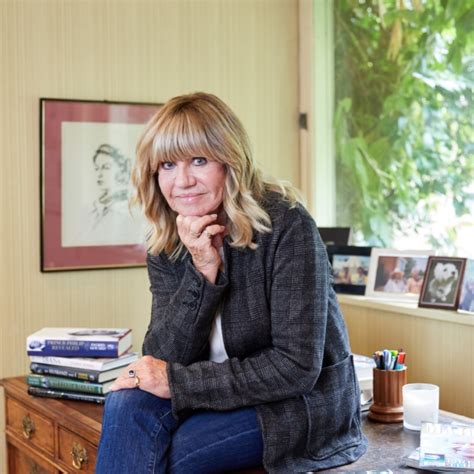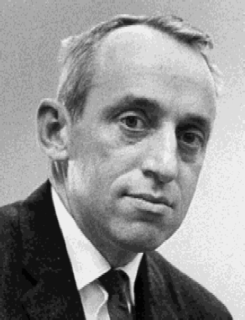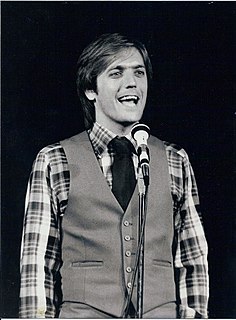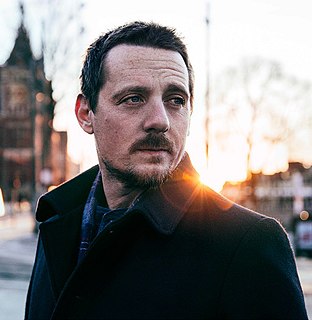A Quote by James A. Michener
My work as a naval officer in World War II enabled me to serve on 49 different South Pacific islands so that I came to know the area about as well as anyone.
Related Quotes
For a while I got into the South Pacific theater of World War II. I read "American Caesar" by William Manchester, the biography of General MacArthur. Because of that I ended up reading "Tales of the South Pacific" by James Michener and then because of that reading his "Hawaii." That is what happens.
We have huge holes in our education in the West. I think that we have little knowledge of Asian history. If you ask a well-educated, modern Western person about World War II, most will think that the theatre of war was only in Europe. But it's known that the Pacific War was going on concurrently, and we don't know anything about it.
When it comes to his sons, it would be easy to think that the macho Duke of Edinburgh has most in common with Prince Andrew. After all, it was Andrew, his third-born son, who risked his life in the Falklands war as a Royal Navy helicopter pilot - just as Philip had risked his own as a naval officer during World War II.
It's very important to understand that World War II is at the base of this new policy. From the 1890s on, the U.S. was always imperialistic. We went after the Philippines, and we did the same in Cuba, in Hawaii. We controlled South America. Woodrow Wilson was not what he was supposed to be. He was very much a white man first. "The world must be made safe for democracy." It really accelerates after World War II.
At the beginning of World War II the U.S. had a mere 600 or so first-class fighting aircraft. We rapidly overcame this short supply by turning out more than 90,000 planes a year. The question at the start of World War II was: Do we have enough funds to produce the required implements of war? The answer was No, we did not have enough money, nor did we have enough gold; but we did have more than enough resources. It was the available resources that enabled the US to achieve the high production and efficiency required to win the war. Unfortunately this is only considered in times of war.
World War II made war reputable because it was a just war. I wouldn't have missed it for anything. You know how many other just wars there have been? Not many. And the guys I served with became my brothers. If it weren't for World War II, I'd now be the garden editor of The Indianapolis Star. I wouldn't have moved away.
However, there is a fundamental difference between the issue related to Japan's history and our negotiations with China. What is it all about? The Japanese issue resulted from World War II and is stipulated in the international instruments on the outcomes of World War II, while our discussions on border issues with our Chinese counterparts have nothing to do with World War II or any other military conflicts. This is the first, or rather, I should say, the second point.





































